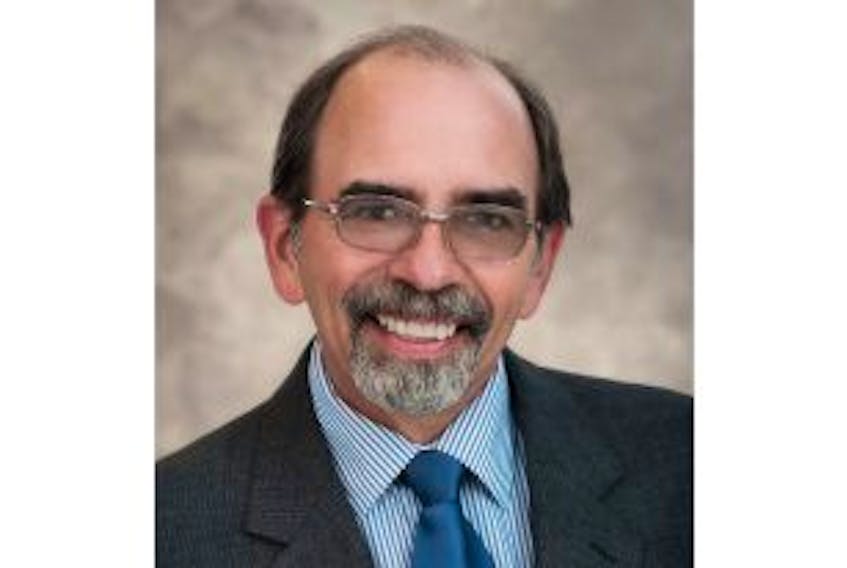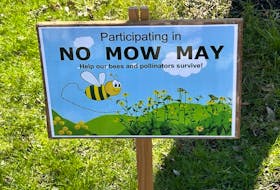TRURO, N.S. — It’s ok. Sometimes these are the only words that people need to hear.
You can never discount a comforting shoulder, a caring word or thought, or a person who is standing by to lift you up.
Most of us do not feel ok in some way. We either give in to this element of despair or we struggle against it. We may shun those who would comfort us with the feeling that our situation is too personal for sharing. We admire those who seem to have their personal life altogether, and we wonder how they do it. Unbeknownst to us is that most of these together people who we admire have their struggles as well; they just hide it well.
Typically, when you feel unwell, you are spending too much time in your own head, and it is hard to escape the routines, hormones or brain chemistry that contribute to your feelings of unwellness. As hard as it is, this is precisely when you need to do something different. The options for this are unlimited.
Some folks seek talk therapy or medical practitioners. Others join support groups or visit wellness centres that specialize in the issues that they are facing. Yet others who do not feel ok join programs they feel will make a substantive change in their lives. This is always the first step to wellness - reaching out.
During the part of my career when I managed various adult learning centres in our province, I encountered a wide variety of people who did not feel ok. Untrained, yet not inexperienced, I found myself in the role of counsellor endeavouring mightily to provide a measure of support for these returning adult learners.
Every person’s reality is unique, so assisting in their return to wellness takes an individual approach. Participation in a new program of self-improvement with available support such as education is a large positive step forward.
What we seek here are transitions. Perhaps your goal is transitioning to a better job, to a place where you can help your children or grandchildren with their homework, or to an improved appreciation of the world. A less often cited reason for returning to school is improving wellness; few people would think of this, yet time after time, I have seen this result in the adult learners with whom I have worked.
Many adult learners who take the important step of returning to an education program frequently present with anxiety, depression, a lack of confidence, and a feeling of lacking in the skills necessary to interact in the day-to-day world. It may seem a bit trite to say that I have seen adult learners blossom over the course of their education programs; nevertheless, it is true. The adult who comes out of program completion, bears little resemblance to the one that went into it.
In the interests of full disclosure, I am not a mental health professional, but based on my not inconsiderable experience working with troubled adult learners, I believe the key to moving forward from a feeling of lack of wellness to wellness, whether it be mental, physical or spiritual, lies in deciding that you want to get better. The next step is to have personal issues identified and, if possible, traced to their roots. Following this, the next step is a prescription for wellness. This may or may not require pharmacological assistance, but it almost always entails doing things differently than you are doing now and seeking out those who can help you.
If at the same time, one of the items on your bucket list is improving your level of education, and you make the decision and the call to make this happen, then I can promise you sticking with this program, and taking advantage of the supports provided, will contribute significantly to improved personal wellness.
-
Rob MacLellan is an advocate of non-profit organizations and of education. He can be reached at 902-305-0311 or at [email protected].









